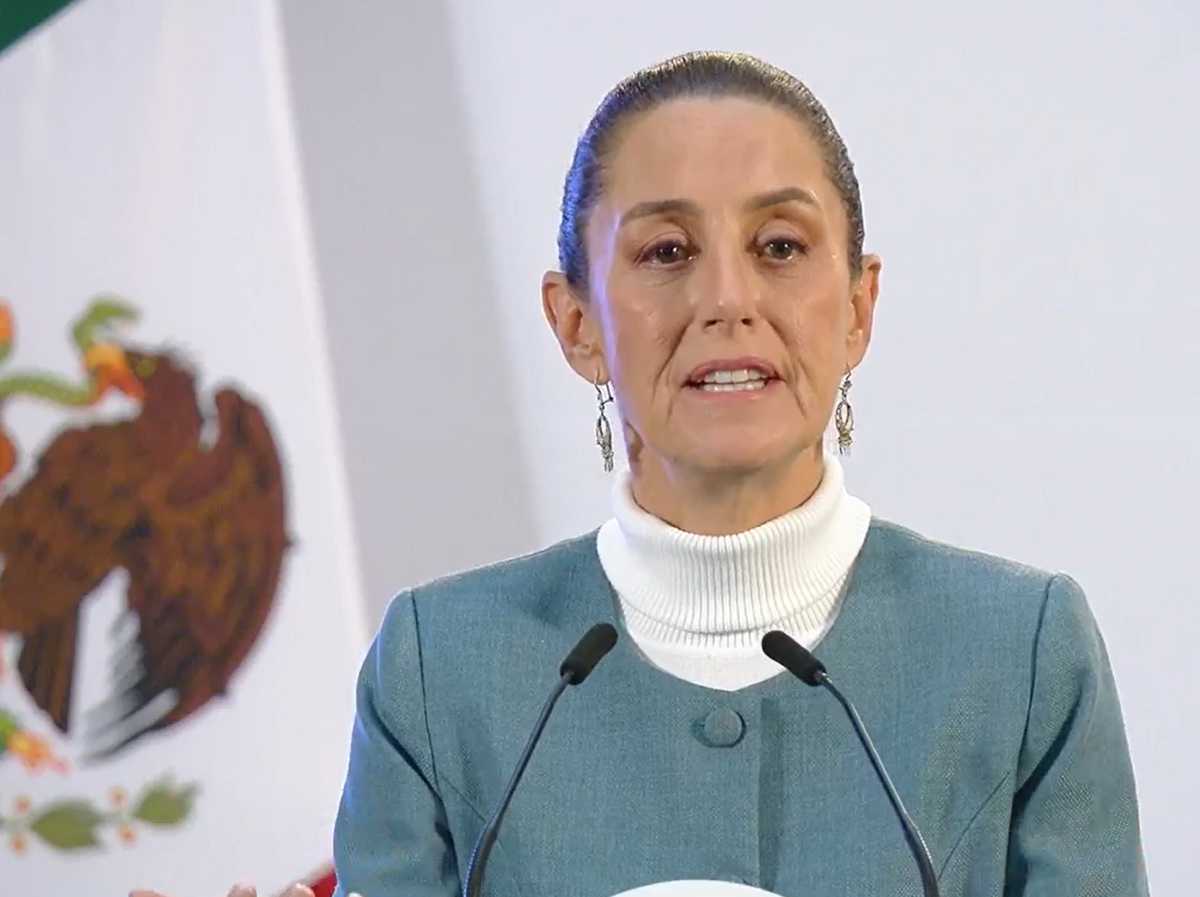How President Sheinbaum is Reclaiming Mexico's Industrial Heritage
President Sheinbaum signs decrees for energy and railway reforms, renationalizing Pemex and CFE, and reviving passenger trains. The ambitious plan aims to create 600,000 jobs. She emphasizes coordination without subordination with the US on security matters.

In a move marking a significant shift in Mexico’s industrial and economic landscape, President Claudia Sheinbaum Pardo announced on Wednesday the formal signing of energy and railway reform decrees. These legislative advancements effectively return control of the nation’s most essential resources—oil, electricity, and railway transportation—to the hands of the state. The reform marks a new chapter for Mexico as it reclaims stewardship over Pemex (Petróleos Mexicanos) and the Federal Electricity Commission (CFE) while reintroducing passenger rail travel as a publicly administered service.
During her morning press conference, Sheinbaum emphasized the far-reaching impacts of the energy reforms. The President framed these changes as a fundamental return to the people, positioning Pemex and CFE as symbols of national identity and self-sufficiency. “The energy reform is about giving back to Mexico what is rightfully ours—our resources and our industry,” she declared. The move reverses decades of privatization that saw foreign and private entities play an increasingly prominent role in Mexico’s oil and electricity sectors.




